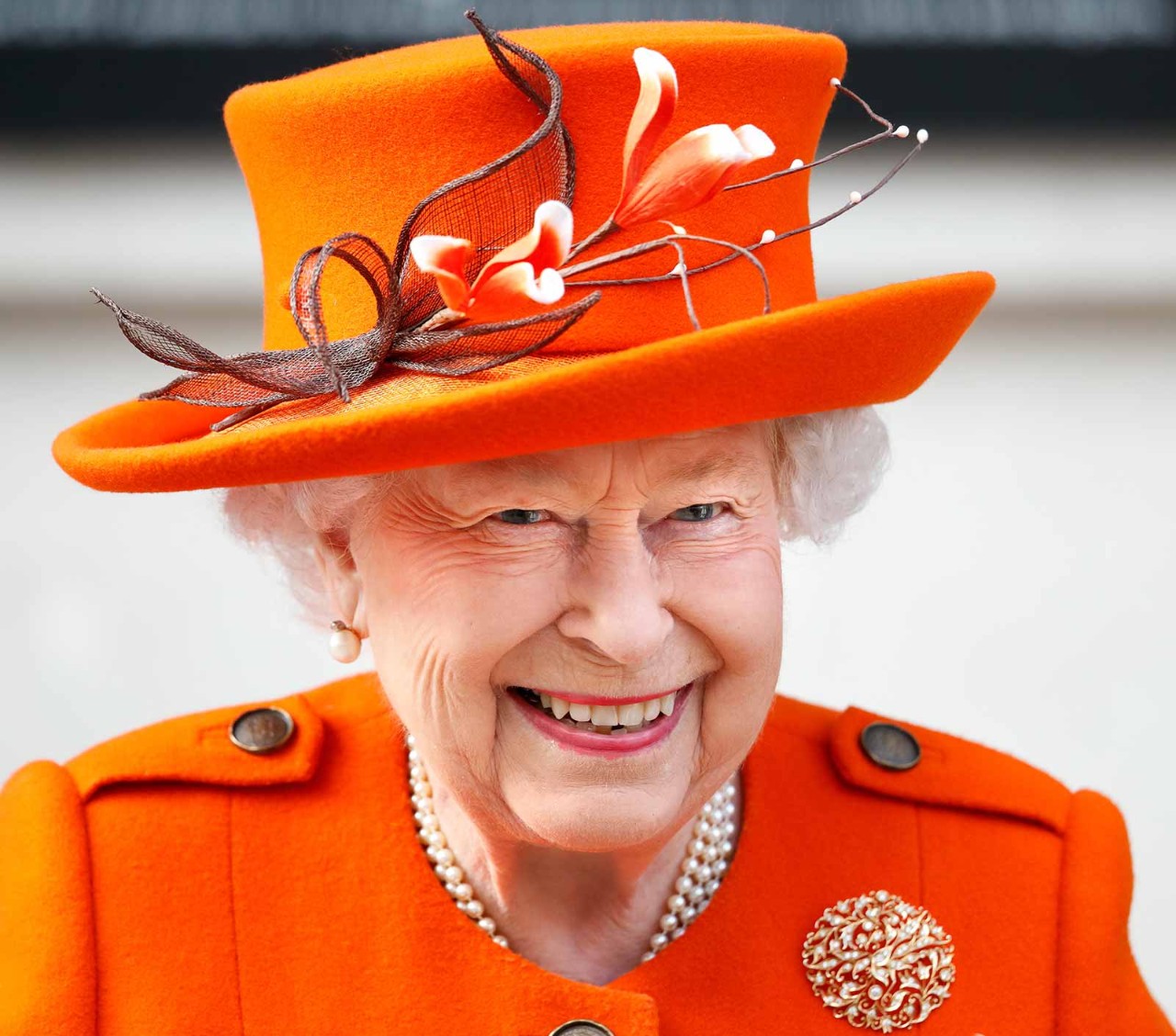
People in key developing countries around the world trust professional tax accountants more than any other group associated with the gathering and use of tax revenue.
According to a new study, Public Trust in Tax: Global Perspectives 2022, from ACCA and the International Federation of Accountants (IFAC), there is more trust in accountants than there is in professional tax lawyers, and certainly more than in politicians and government tax authorities.
The study polled attitudes among 5,600 people in 14 countries that are not G20 members, including some of those expected to account for the highest levels of population growth over the next 30 years. The 14 countries are: Angola, Colombia, Côte d’Ivoire, Dominican Republic, Egypt, Guatemala, Kazakhstan, Kenya, Malaysia, Nigeria, Pakistan, Peru, Philippines and Vietnam.
71.9% of respondents believe accountants help establish a ‘more efficient tax system’
Polling found that 67.1% either ‘trust’ or ‘highly trust’ tax accountants, while 64.6% put their faith in lawyers. Meanwhile, politicians are less trusted than any other group, scoring only 24.9%, giving a net trust figure of -25.7%. The only other group to score a negative net trust rating is social media (-8.6%). Even business leaders emerge from the study with a positive trust rating.
‘Lack of trust in politicians,’ the report says, ‘is perceived as a major barrier to taxpayer engagement with systems.’
Embezzlement
During roundtable discussions for the study, participants revealed that while there is little opposition to the payment of taxes, there is worry about the ‘misappropriation of the taxes collected’.
That will be a blow to many countries relying on tax revenues to build the services and infrastructure needed to support growing populations and, in particular, ageing communities. Experts argue that though tax income can be boosted through better collection methods, greater progress can be made by boosting ‘tax morale’ – the willingness of citizens and businesses to engage voluntarily with tax authorities. Trust is considered a core component of a country’s tax morale, and measuring trust can be a step towards finding policies that improve engagement.
‘Advisers helping taxpayers “avoid or evade” can cause disproportionate harm to revenue collection’
Accountants top
Accountants emerge from the study with high levels of trust in all countries, particularly Dominican Republic, Côte d’Ivoire, Egypt and Kenya. However, the highest level of trust was registered in Nigeria, Africa’s largest and most populous economy, which gave accountants an 80.4% trust score. The lowest level of trust in accountants was found in Angola, but even here it reached 53.0%.
But how do people view the contribution of professional accountants? The survey found that 71.9% of respondents believe accountants help establish a ‘more efficient tax system’. The profession’s scores for creating a more ‘effective’ tax system and a ‘fairer’ tax system were not far behind.
This bodes well for accountants playing a potentially significant role in building public trust. However, the report’s authors sound a note of warning. During roundtable discussions, participants aired concerns that accountants could help taxpayers ‘avoid or evade’ their obligations.
‘While the survey results indicate that this small minority have not significantly swayed public opinion, there is no room for complacency,’ the report says. ‘Such advisers by their nature work with high-net-worth clients and businesses, and so can cause disproportionate harm to revenue collection efforts.’
Officials poll poorly
Perhaps one of the biggest threats to morale and engagement with tax is a general lack of trust in tax authorities. Researchers found tax officials in five of the 14 countries surveyed – Angola, Dominican Republic, Guatemala, Peru and Colombia – scored net negative trust ratings, and a number of other countries registered only small positive values. Guatemalan tax authorities prop up the table with a trust score of only 20.2%, while Vietnam takes top spot with 79.2%.
The spread of scores gave the report authors much to consider when it comes to the authorities administering tax systems. ‘The lack of trust in tax authorities,’ the report points out, ‘is potentially a significant barrier to increased taxpayer engagement, as well as to efficient and effective collection of tax from those who are engaged. If it is to grow and yield positive results, trust needs to be a mutual relationship between the parties.’
The experience of using a tax system can also count for much when it comes to enhancing taxpayers’ enthusiasm for fulfilling their responsibilities. Online services rank as the most commonly used service when taxpayers manage their affairs with the state, selected by 42.2% of the survey respondents. This is even higher than in G20 countries in last year’s research.
When it came to the usability of online services, 58% agreed their governments provide ‘effective’ digital or online facilities. A majority, 52.3%, said submitting a tax return is ‘generally an easy and efficient process’.
In the UK few think that multinationals pay a reasonable amount
Their fair share
Much controversy arises from whether people believe they are paying a fair amount of tax. More survey respondents agreed than disagreed that taxpayers are paying a reasonable amount – a perception that applied to all taxpayer groups identified in the question (average/low-income individuals, high-income individuals, local companies and multinational businesses).
But the UK (in the 2021 survey) stood out as a jurisdiction where few agreed that high-income individuals and multinationals pay a reasonable amount. The report says this could be explained by a ‘strong aversion’ to the tax planning undertaken by multinationals which, in turn, might be caused by greater media coverage of the issue than in other countries.
Researchers also found strong public support for tax incentives or tax expenditure, the most popular being green energy projects followed by retirement savings and infrastructure projects.
The report reveals many similarities between countries but also differences. There is, however, likely to be agreement on one thing: the report’s findings could help form a basis for debating how to improve trust in tax. And that is in everybody’s interests.


